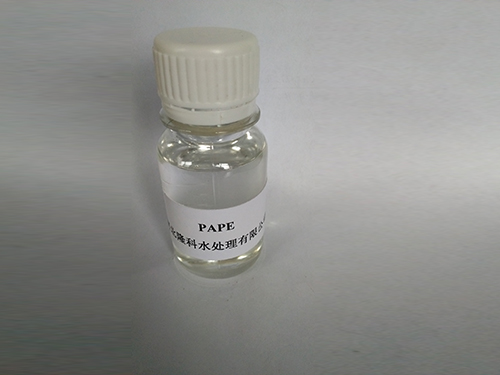Synthesis and Applications of Dodecyl Dimethyl Benzyl Ammonium Chloride in Surface Chemistry
The Applications and Implications of Dodecyl Dimethyl Benzyl Ammonium Chloride
Dodecyl dimethyl benzyl ammonium chloride (DDBAC) is a quaternary ammonium compound that has garnered attention in various fields due to its unique properties and versatile applications
. As a surfactant, it exhibits significant antibacterial and antimicrobial activity, making it a valuable substance in both industrial and consumer products.DDBAC is primarily recognized for its efficacy as a disinfectant and antiseptic. Its ability to disrupt microbial cell membranes makes it particularly effective against a wide range of bacteria, fungi, and viruses. This property has led to its incorporation in numerous cleaning products, including surface disinfectants, hand sanitizers, and germicidal formulations. The increasing demand for effective sanitizing agents, particularly in the healthcare and food industries, has amplified the relevance of DDBAC, especially in the wake of global health concerns such as the COVID-19 pandemic.
Moreover, DDBAC is utilized in the formulation of personal care products, including shampoos and conditioners. Its cationic nature allows it to interact with negatively charged hair surfaces, leading to improved manageability and a smoother texture. This quality is especially beneficial in hair care products aimed at individuals with dry or damaged hair. In addition to its conditioning properties, DDBAC serves as an anti-static agent, reducing frizz and enhancing the overall appearance of hair.
dodecyl dimethyl benzyl ammonium chloride

Beyond personal care and cleaning products, DDBAC finds applications in the water treatment industry. Its effectiveness as a biocide enables it to control microbial growth in cooling towers, industrial water systems, and wastewater treatment facilities. By mitigating the risks associated with biofilms and microbial contamination, DDBAC contributes to the overall efficiency and safety of these systems.
However, the use of DDBAC is not without its concerns. As with many chemical agents, there are implications for human health and the environment. While DDBAC is considered relatively safe when used appropriately, issues can arise from overexposure or improper handling. Skin irritation and allergic reactions have been reported in some individuals when using products containing DDBAC. Furthermore, the environmental impact of quaternary ammonium compounds is an area of ongoing research, particularly concerning their persistence in ecosystems and potential toxicity to aquatic life.
The regulatory landscape surrounding DDBAC is also significant. Many countries have established guidelines to govern the concentration and usage of quaternary ammonium compounds in consumer products. Companies manufacturing or using DDBAC must remain vigilant in compliance with these regulations to ensure both consumer safety and environmental protection. This necessitates rigorous testing and assessment of products to mitigate any potential risks.
In conclusion, dodecyl dimethyl benzyl ammonium chloride stands out as a multifunctional compound with diverse applications across various industries. Its antimicrobial properties make it a go-to choice for disinfectants and personal care products, while its role in water treatment underscores its utility in maintaining public health standards. However, as with all chemicals, responsible use and adherence to regulatory measures are essential to safeguard both human health and environmental integrity. As research continues to explore the full spectrum of DDBAC's effects and applications, it is imperative to balance innovation with safety to harness its benefits effectively.
-
Water Treatment with Flocculant Water TreatmentNewsJun.12,2025
-
Polymaleic AnhydrideNewsJun.12,2025
-
Polyaspartic AcidNewsJun.12,2025
-
Enhance Industrial Processes with IsothiazolinonesNewsJun.12,2025
-
Enhance Industrial Processes with PBTCA SolutionsNewsJun.12,2025
-
Dodecyldimethylbenzylammonium Chloride SolutionsNewsJun.12,2025





